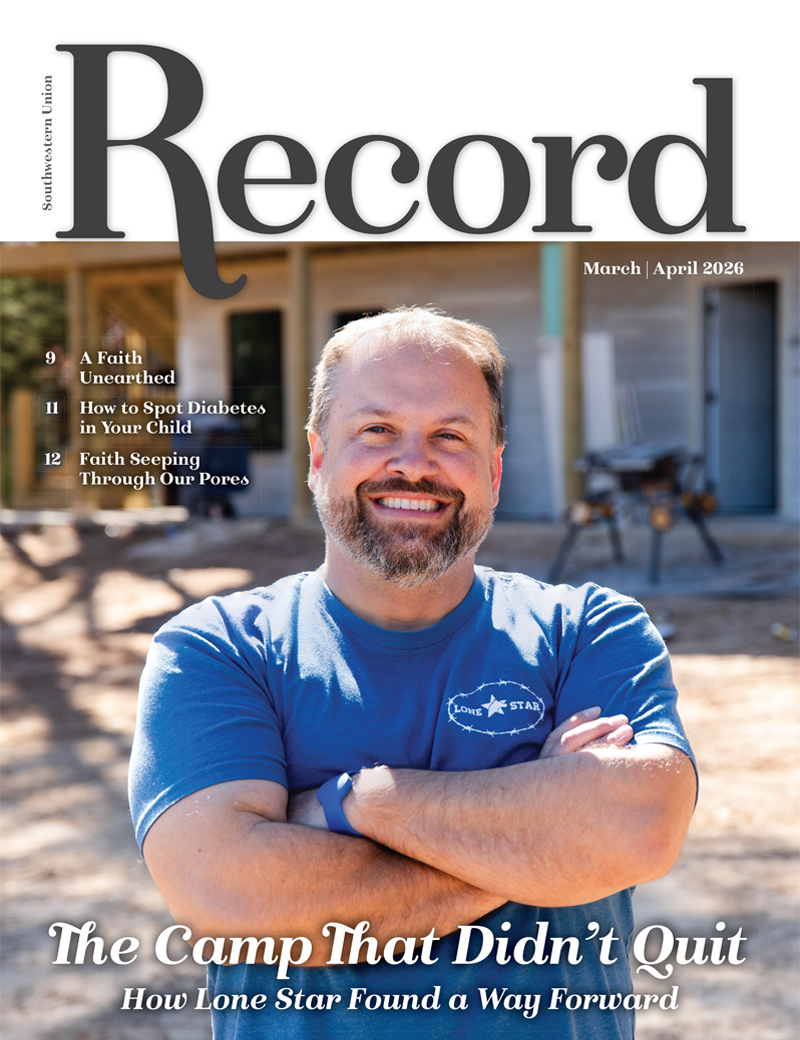We Should Make Disciples, Not Just Go

The Gospel Commission in Matthew 28:18-20 is one of the most memorable portions of the New Testament. It’s so significant that the church’s life, mission and multiplication are directly linked to its message.
This command encapsulates the mission that Christ started and then urged us to continue. Its ramifications are many. It challenges us to make mission the “whole” of the church while trusting in the “all” of Jesus.
First: “All” authority. Going in the name of the Lord provides the power to open doors, break down walls, reach insensitive hearts, solve insoluble problems, lift the discouraged and rescue what is lost.
Second: “All” nations. Our work is local, but the vision needs to be global. For this reason, we are not an independent, congregational church. We have a mission to fulfill here in our field, but we also need to make sacrifices to send people and resources to support global projects. We need to reach people both across the street and around the world.
Third: “All” the things I have commanded you. We preach a comprehensive, distinctive gospel with a prophetic foundation that alters life on earth and prepares each one for eternal life.
Fourth: “Every day.” This is the certainty that the Lord will be with us whether the mission is easy or difficult, whether we are joyful or unhappy, whether we achieve the desired outcomes or are frustrated, whether we are praised or ridiculed.
If the word “all” in the Great Commission reminds us of its vastness, the verbs in this mandate reveal its concentration. The requirement to “make disciples” is emphasized by Christ. He didn’t just say “go.”
In this regard, the Great Commission might become a great omission if we limit ourselves to spreading the message without giving discipleship sufficient importance.
Note that Christ’s command to make disciples did not involve any new or complicated tasks, but only an appeal to the apostles to repeat what they had already experienced.
This teaches us that discipleship is first being and then doing. Therefore, if someone is not a true disciple, however much they promote, encourage or command, they will not make other disciples.
It is imperative to develop a proper understanding of discipleship. It is not about launching a new church program or expanding the church’s creative structures, materials, gatherings, logos or titles that merely amuses or dilutes the biblical message. Discipleship is conversion and spiritual growth, authentic relationships and, most importantly, faithfulness in the complete execution of the Great Commission.
By Elton DeMoraes, D.Min., President


